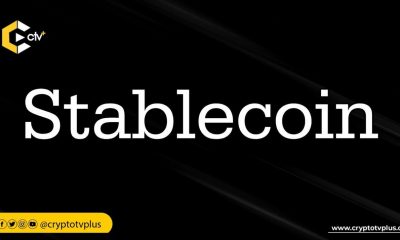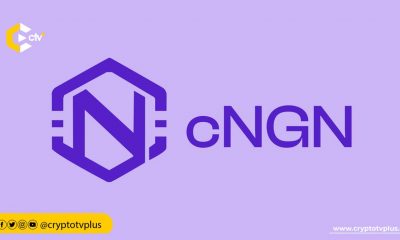News
Korean Banks to Consider CD Tokens as an Alternative to Stablecoins

South Korean banks are showing keen interest in Certificate of Deposit (CD) tokens as potential replacements for stablecoins.
Industry sources revealed that Hana Bank plans to research CD tokens as part of its internal decision to participate in the proof of concept (PoC) process for the central bank digital Currency (CBDC) project led by the Bank of Korea.
The PoC process entails testing new technologies before releasing them to the market. While solid plans are still being worked out, Hana Bank’s move shows its support for the central bank’s blockchain-based monetary system.
Similarly, Woori Bank has reported interest in CD tokens, highlighting commercial banks’ interest— with its research department recently releasing a report on these tokens.
CD tokens are essentially bank deposits transformed into tokens using blockchain technology. If implemented, these tokens would replace payments currently settled with funds from bank accounts.
The surge in interest for CD tokens is traced back to the Silicon Valley Bank (SVB) collapse in March. When Circle Internet Financial LLC, the operator of the world’s second-largest stablecoin USDC, announced that it had deposited $3.3 billion (around 8 percent of the $40 billion reserve assets) with SVB, the price of USDC plummeted to an all-time low of $0.88 due to a massive sell-off by USDC holders.
This incident raised doubts about the reliability of stablecoins, which are known for being pegged and backed one-to-one by reference assets. However, in practice, stablecoins like USDC and Tether do not always exchange at a 1:1 ratio with the US dollar.
On the other hand, CD tokens are backed by the existing banking system, and transactions using CD tokens are settled with CBDCs issued by central banks, making them more reliable than stablecoins.
Applying blockchain technologies does not require significant changes to the current banking system, with central banks continuing to function as clearinghouses. The only alteration needed would be to replace notes or deposits at banks with CD tokens and would conduct settlement with CBDCs.
Another noteworthy aspect of CD tokens is the requirement for identity verification since they are issued based on bank deposits. Unlike stablecoins, CD tokens enable identification verification as transactions linked to deposit accounts. Accordingly, an anonymous senior banker cited in Woori Bank’s report described CD tokens as stable from the banks’ perspective, as they closely resemble the current system.
Read also;
Chiliz Scores US trademark Approval for ‘Fan Token’
ASIC Cancels FTX Australia’s Financial License
























